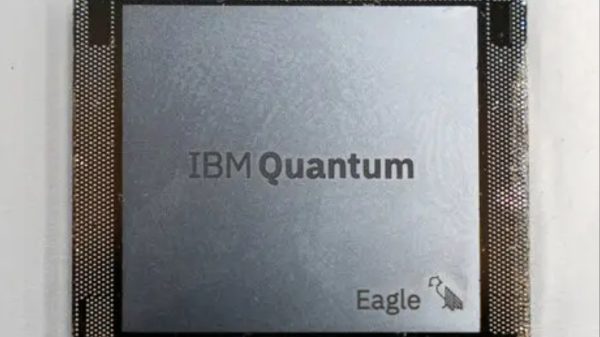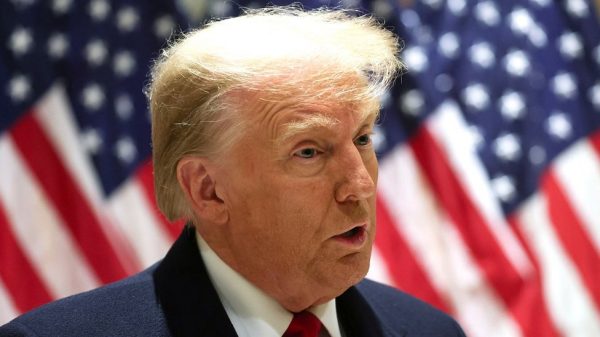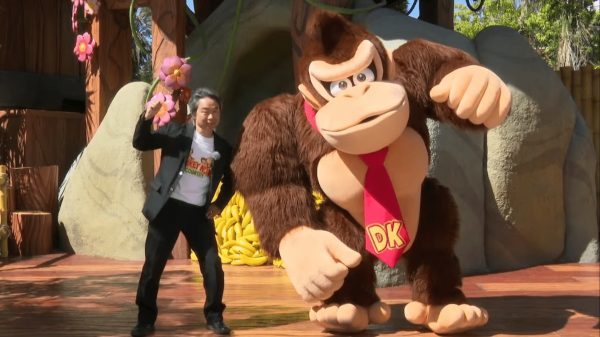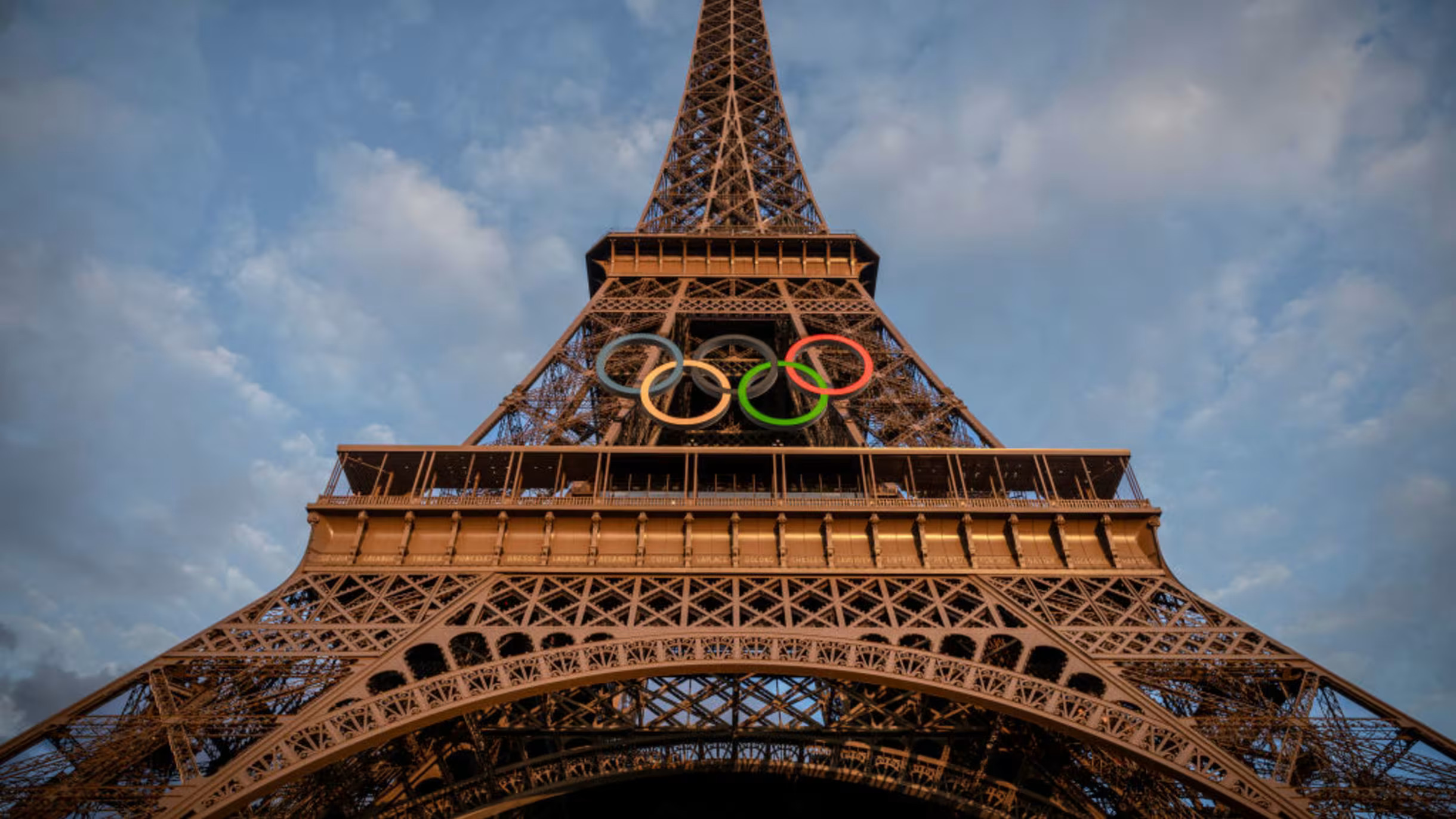Anime has made a notable impact on the Paris Olympics, highlighting its mainstream acceptance. This year’s games have featured numerous anime references, reflecting anime’s growing presence in popular culture.
Athletes from various countries have embraced anime by incorporating it into their victory poses and pre-game rituals, creating a blend of sports and anime that has captured public attention. This trend is visible through numerous online memes and fan discussions.
The integration of anime into the Olympics has been particularly evident in athletes’ behaviors and choices. For instance, American sprinter Noah Lyles showcased “Yu-Gi-Oh!” cards and performed a “Dragon Ball” Kamehameha move after his gold medal win.
Similarly, U.S. shot putter Payton Otterdahl paid homage to “One Piece,” and teams have played music from “Haikyuu!!” during matches. These instances underscore a rising trend of athletes openly expressing their fandom for anime.
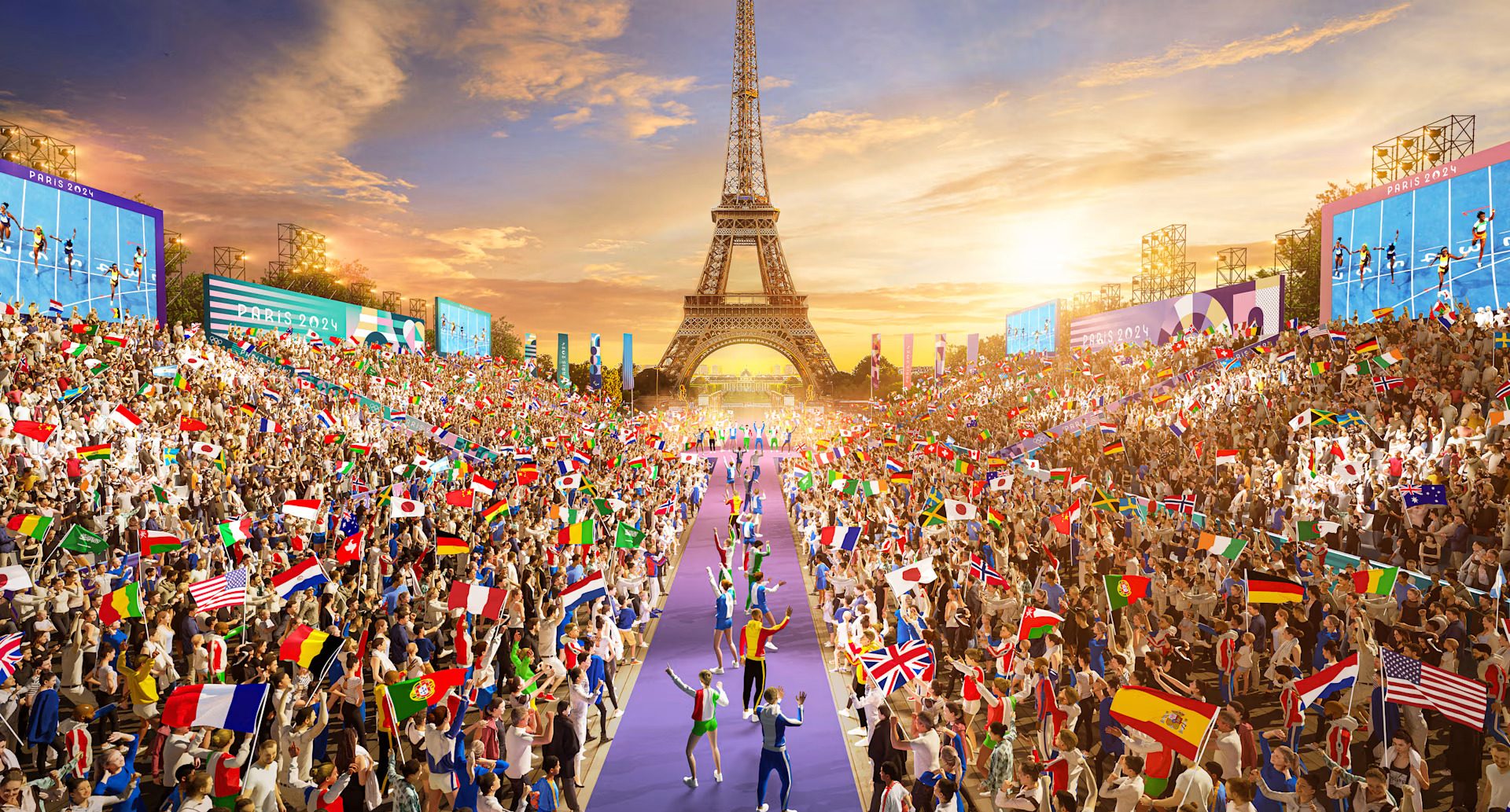
Does anime’s presence at the Paris Olympics signal the end of the jock-nerd divide
The proliferation of anime references at the Olympics can be attributed to broader cultural shifts, particularly among younger athletes. According to Tatiana Tacca from Oni Vision, there’s been a notable increase in athletes embracing nerd culture and anime, which was less visible in past sports events.
This growing trend suggests that anime is becoming a significant cultural touchstone, particularly for younger generations who have grown up with it.
The Tokyo Olympics also featured anime references, but the Paris Games have seen an even greater surge in anime visibility. Kerry Waananen, a journalist covering anime’s rise, notes that the Tokyo Games had contextual relevance due to the host city but this year’s Olympics have seen a more pervasive integration of anime culture, driven by the enthusiasm of younger athletes and social media engagement.
Generational shifts in the perception of anime further explain its prominent role in this year’s Olympics. As anime has become more mainstream, especially among Gen Z and younger athletes, its presence in elite sports events reflects a cultural evolution.
Yasu Sasaki from Dentsu highlights that today’s decision-makers grew up with anime and inherently understand its appeal. This widespread acceptance of anime is influencing how it’s represented in major global events like the Olympics, signaling that anime is now a significant cultural force.






